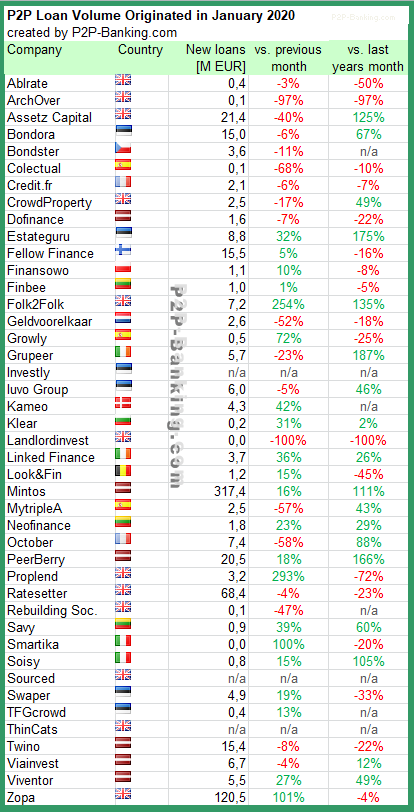![]() LendingClub (NYSE:LC) announced that it has signed a definitive agreement to acquire Radius Bancorp, and its wholly owned subsidiary Radius Bank, (together “Radius”) valued at 185 million USD. LendingClub says Combining Radius and LendingClub will create a digitally native marketplace bank at scale with the power to deliver an integrated customer experience, enabling consumers to both pay less when borrowing and earn more when saving.
LendingClub (NYSE:LC) announced that it has signed a definitive agreement to acquire Radius Bancorp, and its wholly owned subsidiary Radius Bank, (together “Radius”) valued at 185 million USD. LendingClub says Combining Radius and LendingClub will create a digitally native marketplace bank at scale with the power to deliver an integrated customer experience, enabling consumers to both pay less when borrowing and earn more when saving.
Radius is an online bank founded in 1987 and based in Boston, MA, with more than 1.4 billion USD in diversified assets. Its platform provides features such as check deposit, bill pay, card management, and a personal financial management dashboard, as well as open APIs to offer “banking-as-a-service” (BaaS) functionality to leading fintechs. In addition, the company offers commercial lending options for businesses, and treasury management services for pension funds, unions, municipalities, and non-profit organizations.
‘This is a transformational transaction that allows us to reimagine banking in a way that is free from legacy practices and systems and where the success of LendingClub is aligned with the success of our customers,’ said Scott Sanborn, CEO of LendingClub. ‘By combining with Radius, we will create a category-defining experience for our members that will dramatically enhance the resilience and earnings trajectory of our business.’
‘LendingClub has always been a fintech innovator, and I look forward to leveraging the strengths of both of our talented teams as we usher in a new era in banking,’ said Mike Butler, Radius’ President and CEO. ‘We are excited for our employees to operate our virtual banking platform with more resources and for our clients to gain access to an industry-leading lending product. This is a perfect marriage, with LendingClub bringing the leading digital asset generation platform, and Radius contributing a leading online deposit gathering platform, to position the combined company for long-term success.’
The combined entity expects to be substantially accretive with a cash payback of the purchase price premium and all costs in two years. The purchase price is subject to certain adjustments set forth in the definitive agreement, and the transaction is subject to regulatory approval and other customary closing conditions and is expected to close in the next twelve to fifteen months with benefits starting to materialize immediately after close.
Further, to facilitate compliance with federal banking regulations and prevent closing of the Radius acquisition being delayed or disrupted, the LendingClub Board of Directors has adopted a Temporary Bank Charter Protection Agreement, also known as a stockholder rights agreement, and approved a dividend distribution of one purchase right for each outstanding share of the Company’s stock as of March 19, 2020. The agreement is intended to deter stock positions in excess of certain thresholds set forth by the Federal Reserve under the Bank Holding Company Act. Specifically, it provides for the dilution of any person or group of persons who acquire:
(i) 25 percent or more equity interest in LendingClub or
(ii) 7.5 percent or more of any class of LendingClub’s voting securities. This threshold automatically increases to 10 percent as set forth in the agreement.
Anyone already above such thresholds is grandfathered in at their current levels. The agreement is effective immediately and will automatically expire on either the closing of the Radius acquisition or after 18 months, whichever is earlier.

